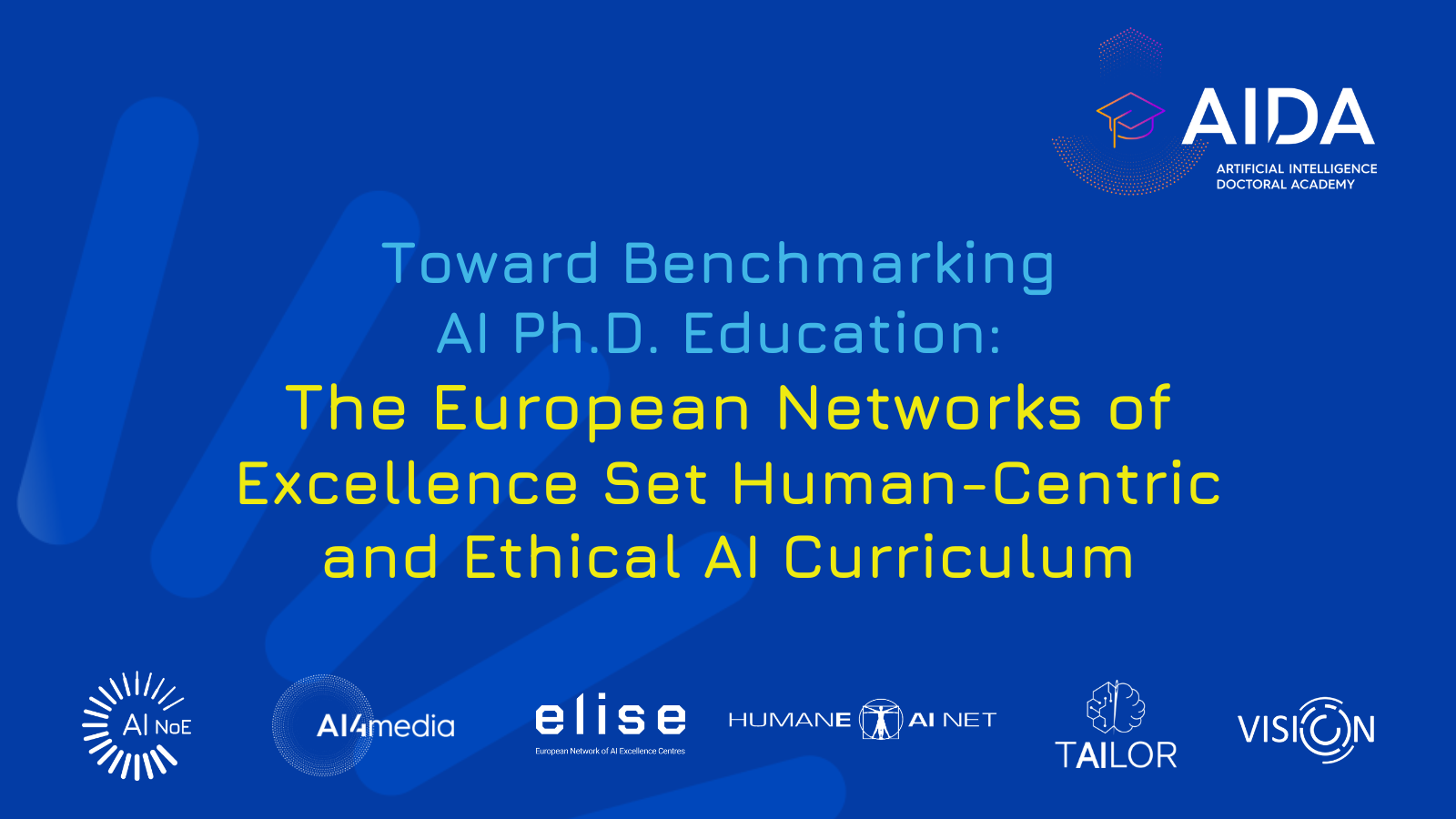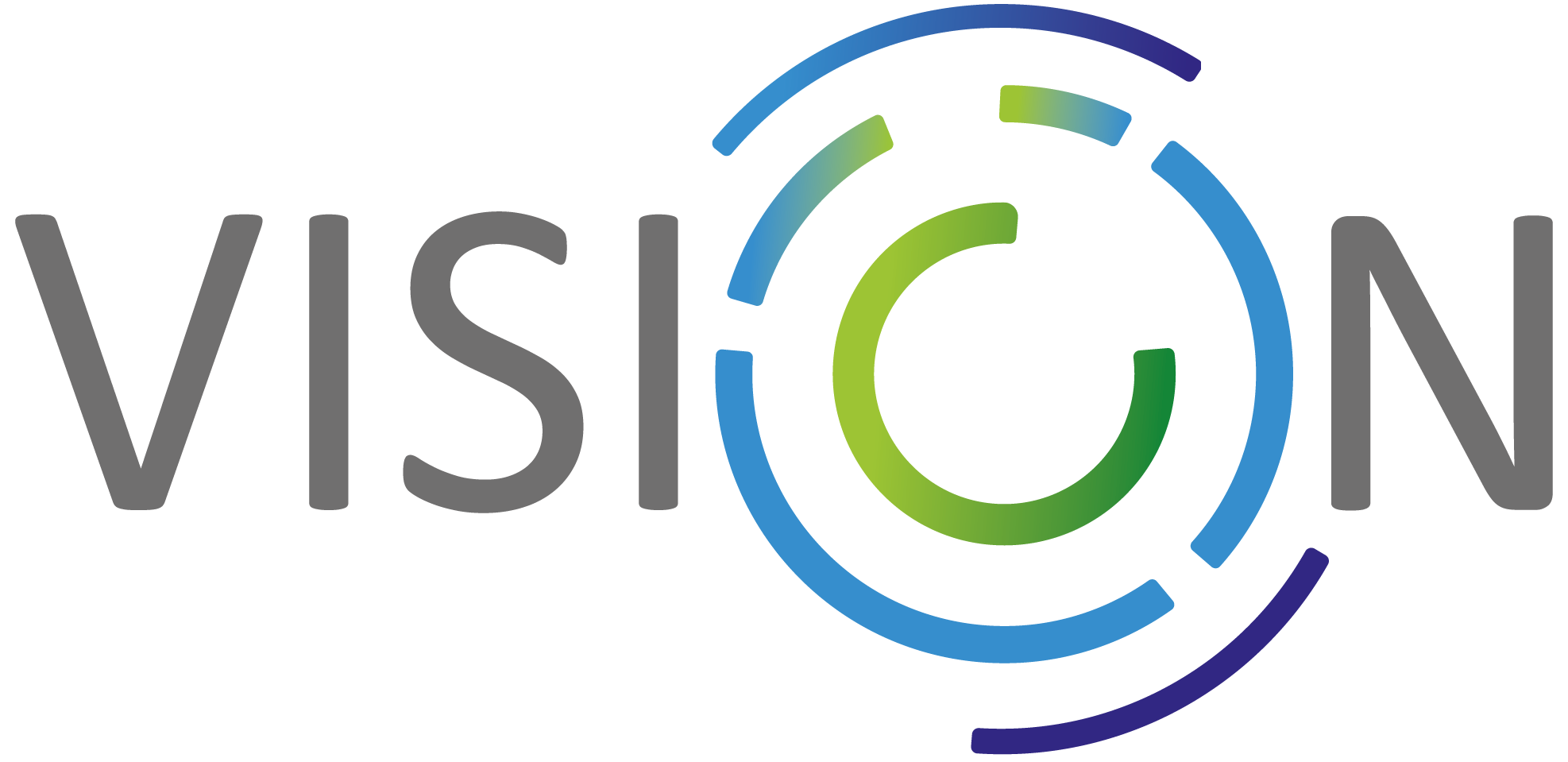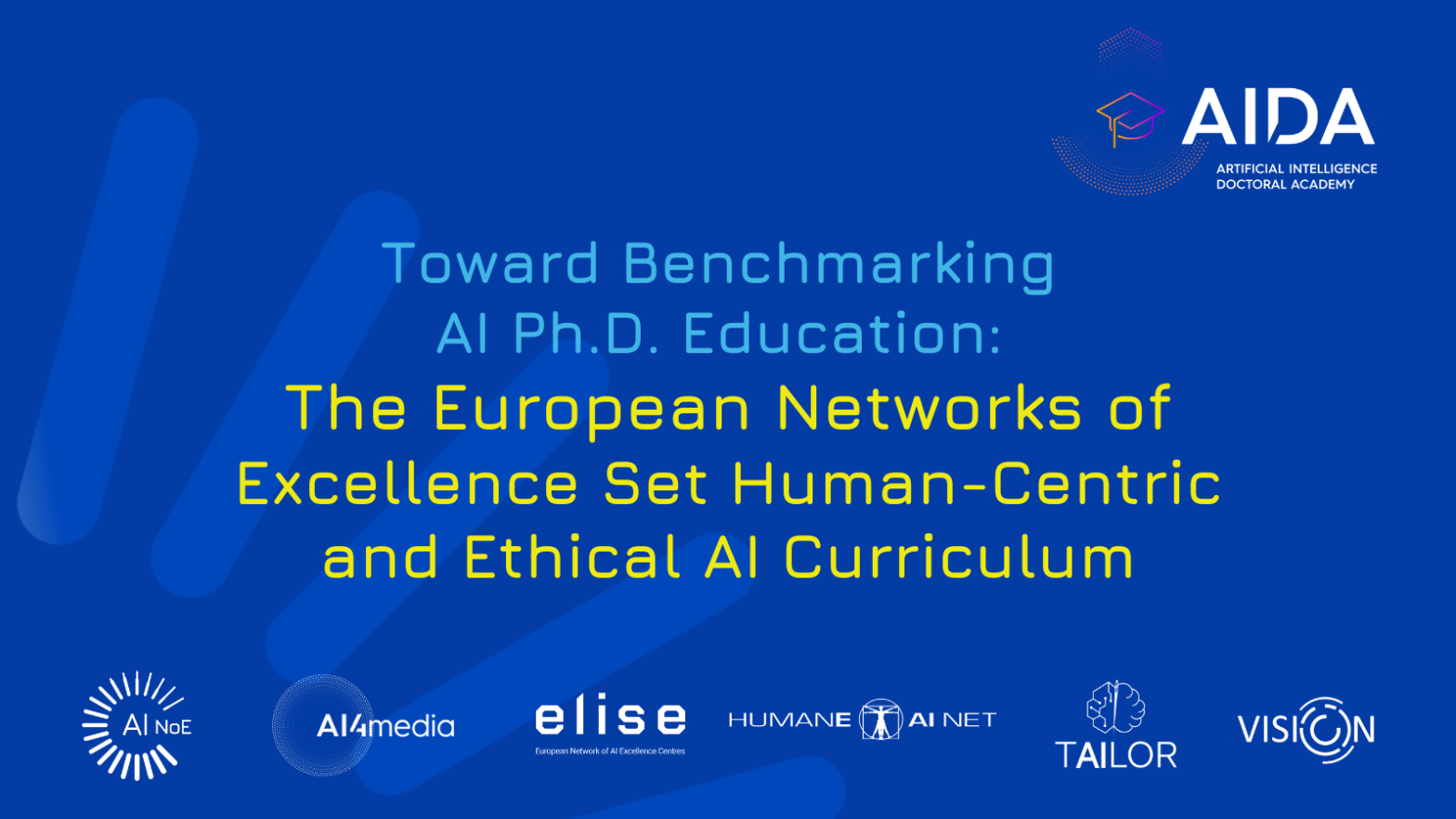Setting a Standard for AI Ph.D. Education in Europe
In August 2022, the Artificial Intelligence Doctoral Academy (AIDA) formed an AI Curriculum Committee with an ambitious goal: to promote and support the development of AI education and research across Europe. Comprised of leading AI educators and researchers from multiple European universities and research organizations, the committee aimed to establish a standardized AI Ph.D. curriculum that is both comprehensive and reflective of the latest advancements in the field.

Under the leadership of Professor Barry O’Sullivan from University College Cork, who also represents VISION CSA, the committee devised a framework for the curriculum. This framework included seven core subjects and four special topics, ensuring a broad yet focused educational foundation. The core subjects are deemed essential for all AI Ph.D. programs, while the special topics are tailored to specific areas covered by the four participating networks of excellence (NoEs): AI4Media, ELISE, HumanE-AI Net, and TAILOR.
VISION played a supporting role in the development and coordination of the curriculum. As part of the AIDA initiative, VISION provided crucial management, coordination, and support, ensuring that the collaborative efforts of the committee were well-organized and efficiently executed.
The development of the curriculum was marked by a high degree of collaboration and transparency. Shared documents accessible to all designated members facilitated this process, allowing continuous input and review from all contributors. This approach ensured that the curriculum benefitted from a wide range of perspectives and expertise, making it both comprehensive and rigorous.
The four networks of excellence played a crucial role in shaping the curriculum. By bringing together leading scientists and educators, these networks contributed their respective curricula and expertise. This collective effort helped create a curriculum that is not only standardized but also reflective of the best practices and latest advancements in AI.
Given the fast-paced nature of AI development, the curriculum is designed to be regularly updated. During AIDA management board meetings, academic leaders from the four NoEs discussed progress and directions for further development. This ensured that the curriculum remained current and relevant, adapting to new advancements and market needs.
A significant aspect of the curriculum is its emphasis on human-centric and ethical AI. This focus was a key topic during the AIDA management board meetings, underscoring the importance of developing AI technologies that are ethical and beneficial to society. By incorporating these principles into the curriculum, the committee aimed to shape the future generation of AI researchers and practitioners who are mindful of the societal impacts of their work.
The establishment of a standardized AI Ph.D. curriculum in Europe marks a significant step forward in AI education. Through the collaborative efforts of the AI Curriculum Committee, AIDA, VISION, and the four networks of excellence, this curriculum sets a high standard for AI doctoral programs, ensuring that they are comprehensive, current, and ethically grounded. This initiative supports the development of AI education and research in Europe while helping to shape the future of AI by fostering a new generation of researchers and practitioners who are equipped to meet the challenges and opportunities of this rapidly evolving field.



